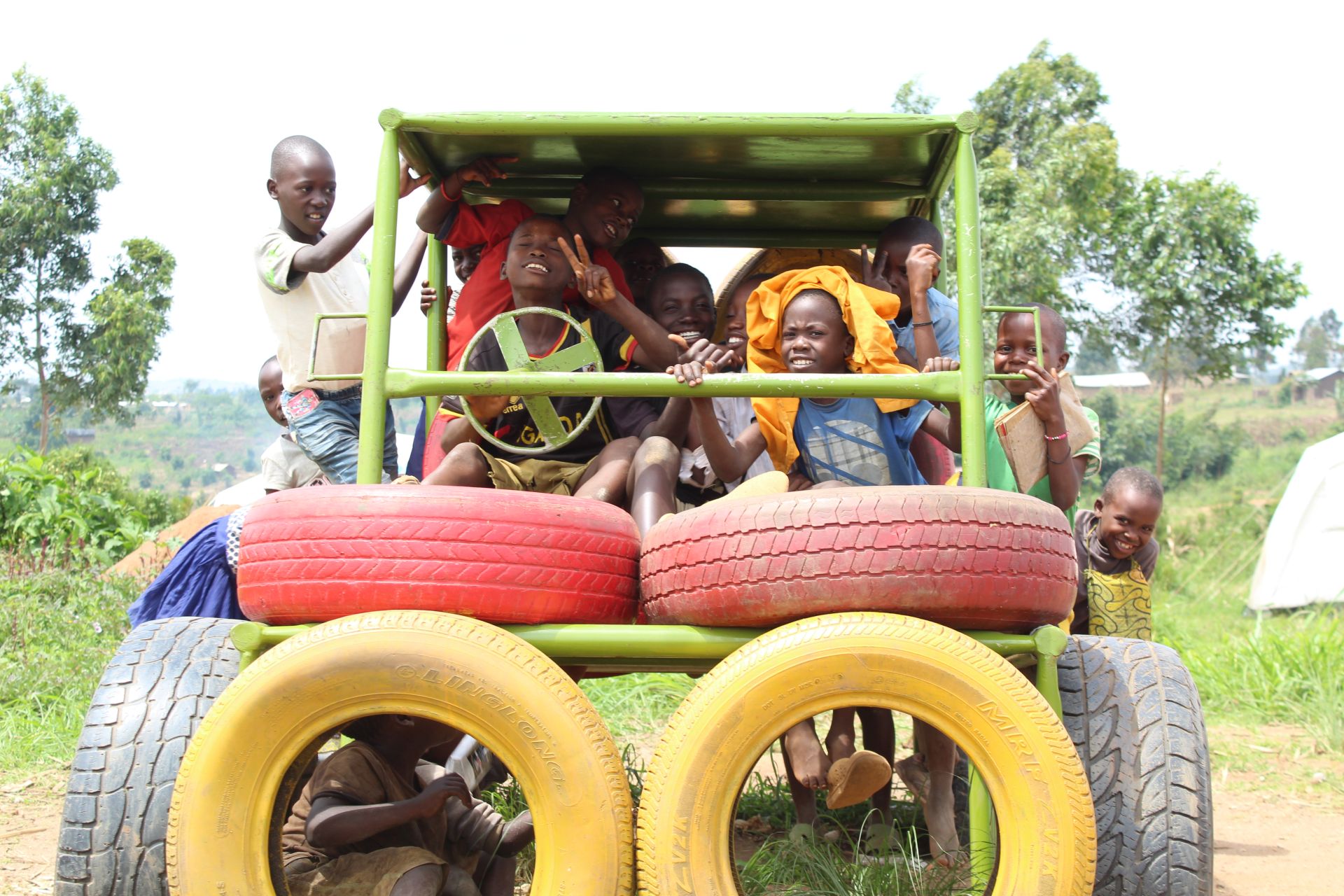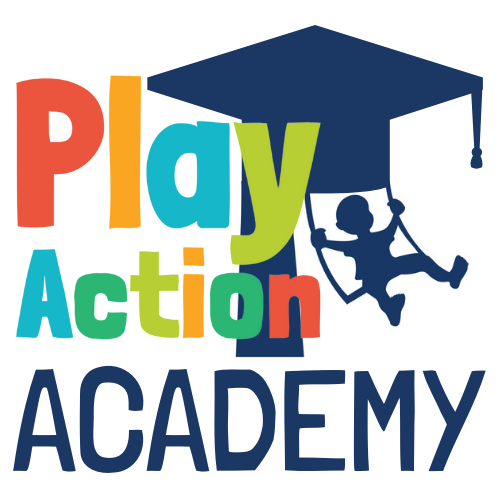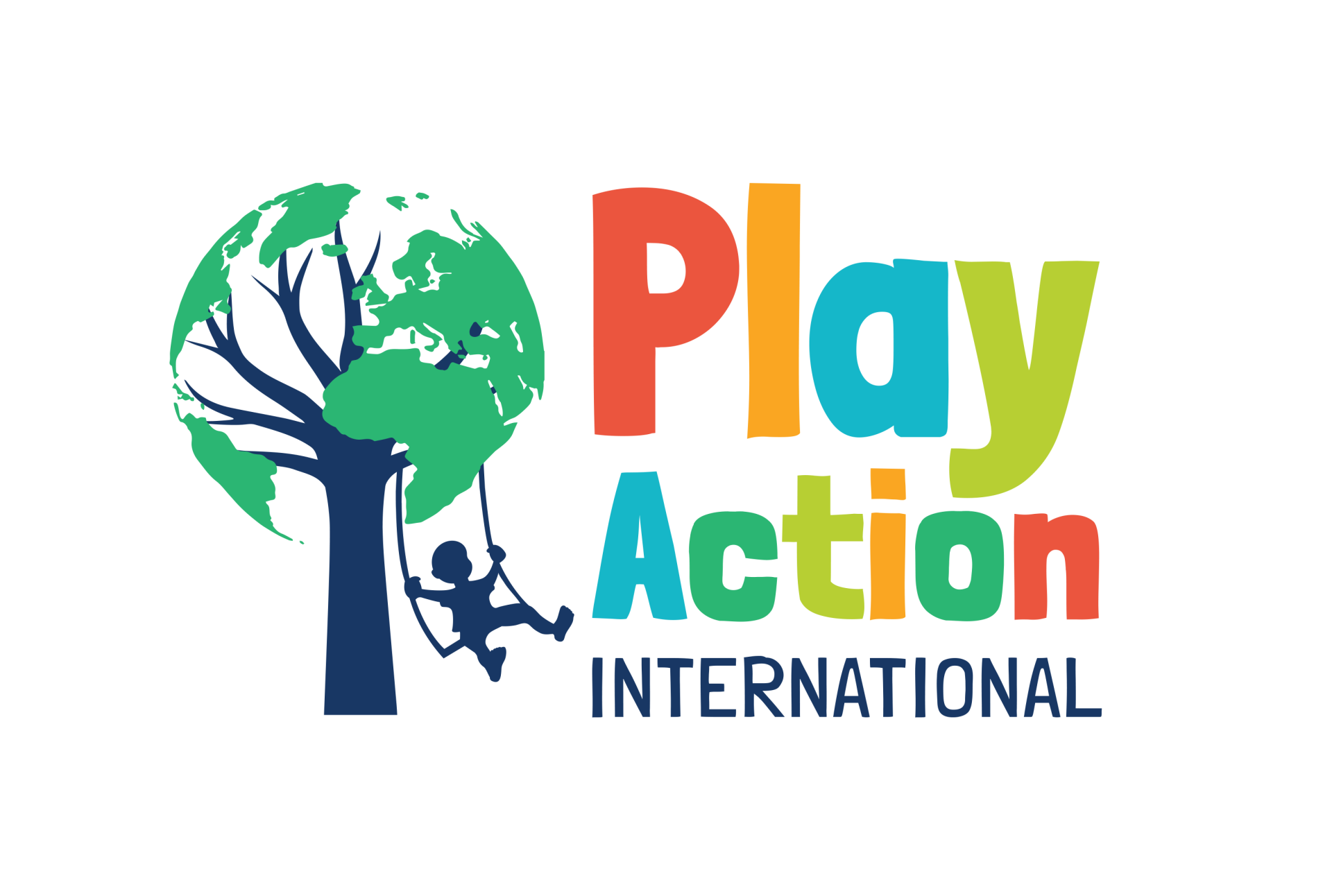Why Play?
Play in the early years of life has a profound and long-lasting impact on a child’s health, well-being, and long-term development.
Studies have shown that early play experiences improve a child’s physical growth, their capacity for learning, chances of finishing school, future employability, and even personal income. Play is so fundamental for children’s development, learning and wellbeing that it is enshrined in Article 31 of the UN Convention on the Rights of the Child: “Every child has the right to rest and leisure, to engage in play and recreational activities appropriate to the age of the child and to participate freely in cultural life and the arts.”
Yet for many children, their right to play and to reap the developmental advantages associated with play is challenged. Factors such as poverty, war, displacement, child labour, abuse and exploitation can severely limit a child’s opportunity for play. This further exacerbates the disadvantage they experience and impacting their long-term potential.
Studies have shown that early play experiences improve a child’s physical growth, their capacity for learning, chances of finishing school, future employability, and even personal income. Play is so fundamental for children’s development, learning and wellbeing that it is enshrined in Article 31 of the UN Convention on the Rights of the Child: “Every child has the right to rest and leisure, to engage in play and recreational activities appropriate to the age of the child and to participate freely in cultural life and the arts.”
Yet for many children, their right to play and to reap the developmental advantages associated with play is challenged. Factors such as poverty, war, displacement, child labour, abuse and exploitation can severely limit a child’s opportunity for play. This further exacerbates the disadvantage they experience and impacting their long-term potential.
The Benefits of Play

Play for Development
Play is an essential part of childhood and is critical to child development. It supports the cognitive, physical, social and emotional well-being of children. Play is especially important during the early years (0-8 years of age), because this is the period in life when the brain develops most rapidly and has a high capacity for change – laying the foundation for health and well-being throughout life.
Play for Learning
Many people assume that play is a frivolous activity but yet play-based learning is a hugely effective and sustainable approach to education. Play provides children with a rich context for learning through which they can make sense of their world. During play children try new things, solve problems, invent, create, test ideas, explore and discover.
Play for Trauma
Play provides a wealth of therapeutic opportunities, all under the child’s control, to process anger, relieve stress, relax, bond with others, express themselves, increase their loss of control, overcome challenges and model positive behaviours. Play is perhaps one of the simplest, most impactful and cost-effective interventions for trauma affected children.
LEARN MORE
You can learn more about the far-reaching benefits in our courses



